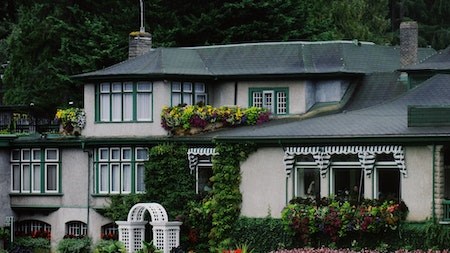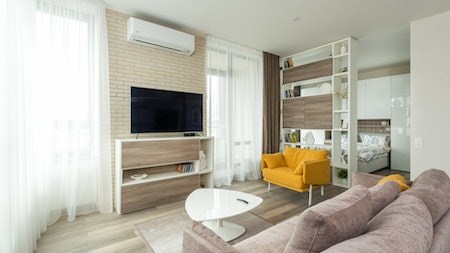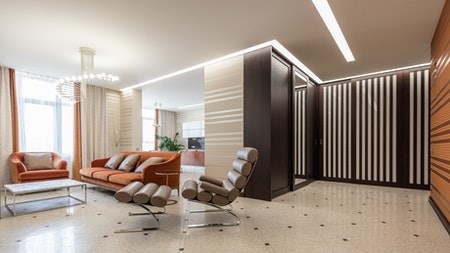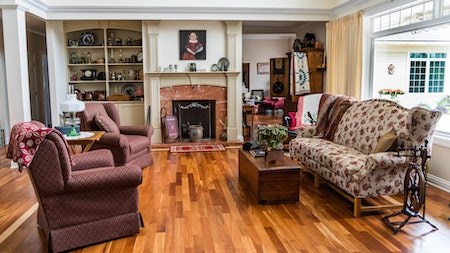You have been saving for years to put down a sizeable deposit on your own home, and now you have found just the right property. You have also calculated that you can afford the monthly bond repayments.
Before you sign that offer to purchase, though, you need to carefully consider what it will cost to run and maintain that property.
Switching from renting to owning will undoubtedly give you the space you want. However, it will also give you a property to manage and maintain. You need to make a provision for that so that you can enjoy your new home without being stressed about making ends meet every month.
Budget
Before ordering new furniture, appliances or curtains, you should establish what additional monthly costs you will be taking on as a new homeowner.
You should budget for the following:
- Property rates.
- Electricity.
- Water and sewerage.
- Monthly levies or homeowner's association fees if you are buying into a sectional title scheme or a complex.
If you are moving from a complex to a freestanding house, you may need to budget for items previously included in the body corporate or HOA levy. These could include security, garden upkeep and swimming pool maintenance.
Insurance
Although your household contents may already be insured, you will now also have to budget for homeowner's insurance. This is to ensure that if your home is damaged or destroyed as a result of a disaster, it can be repaired or rebuilt.
If your property acquisition is financed by a bank or other financial institution, homeowner's insurance is usually obligatory. Most credit providers will offer you their own insurers, but you are not obliged to make use of their services. It may be worth your while to shop around for a homeowner's policy that best meets your needs.
You also need to budget for bond insurance, which most banks also require. This is a life insurance policy that you cede to the bank. If you die before you have paid off the bond, the policy will pay out to ensure your family doesn't risk losing their home.
Other costs
Other costs you need to budget for are basic home maintenance and minor improvements. It’s a good idea to open a special account for this into which you can deposit money each month.
It’s also advisable to put a reasonable amount each month into a home savings account to build up a reserve fund to cover emergencies as well as any major renovation or additions.
Unexpected repairs can otherwise leave a big hole in your budget.
Writer: Sarah-Jane Meyer




